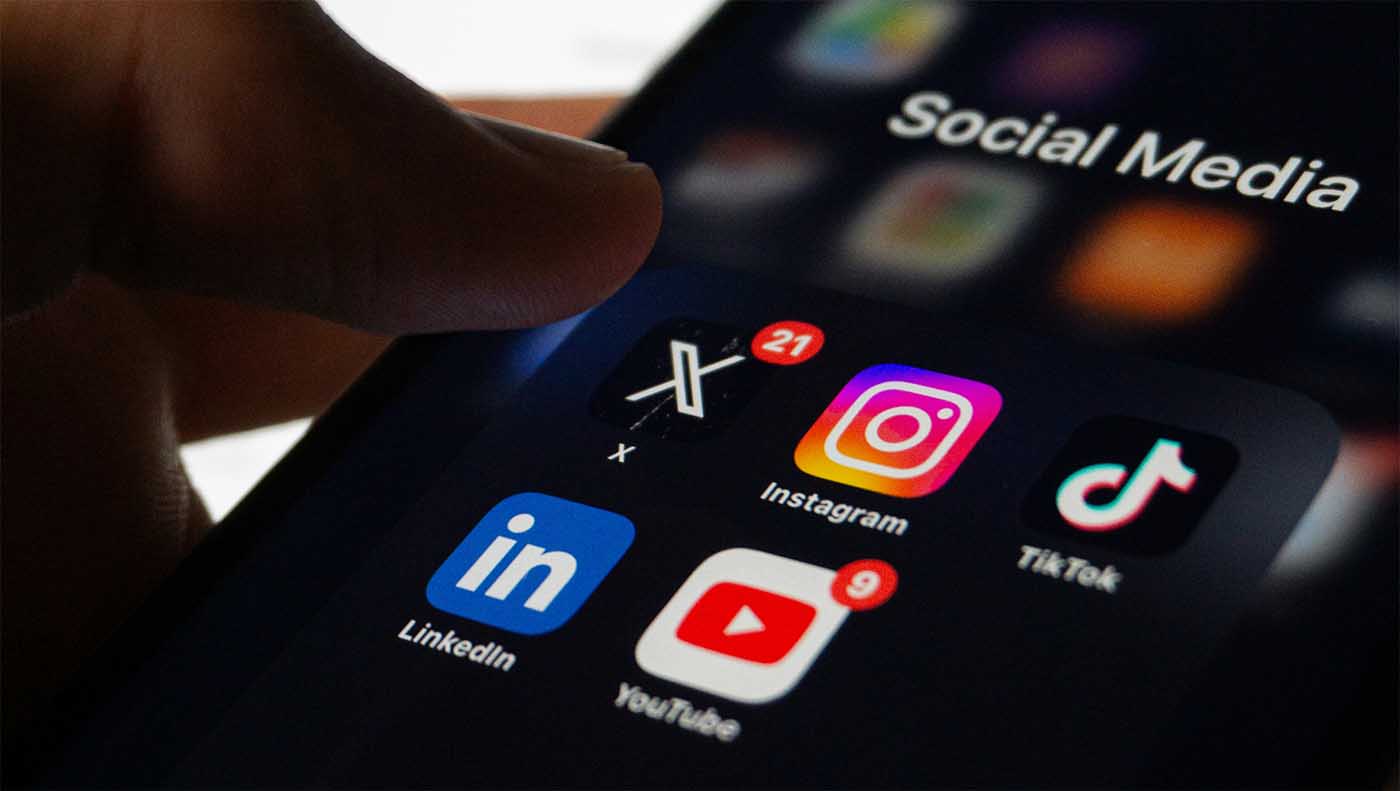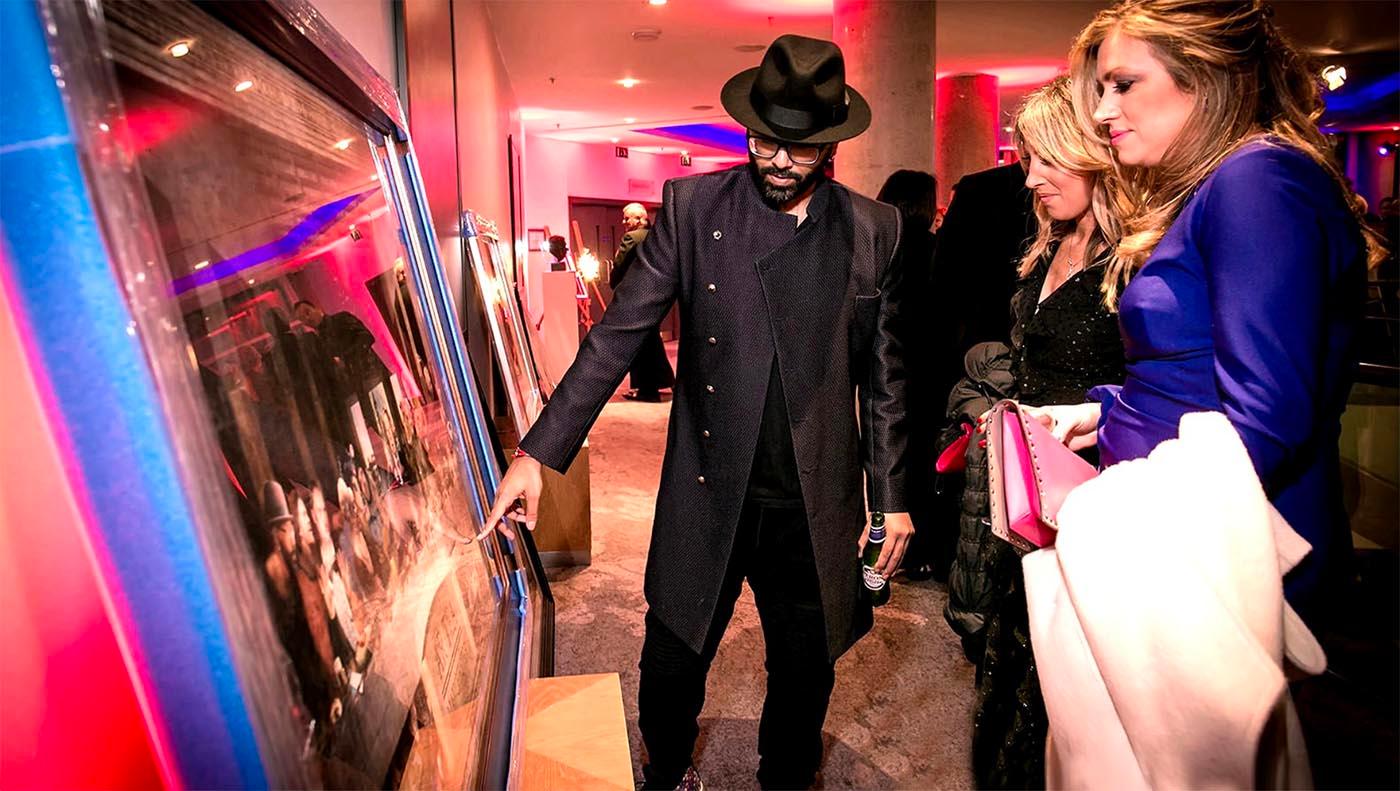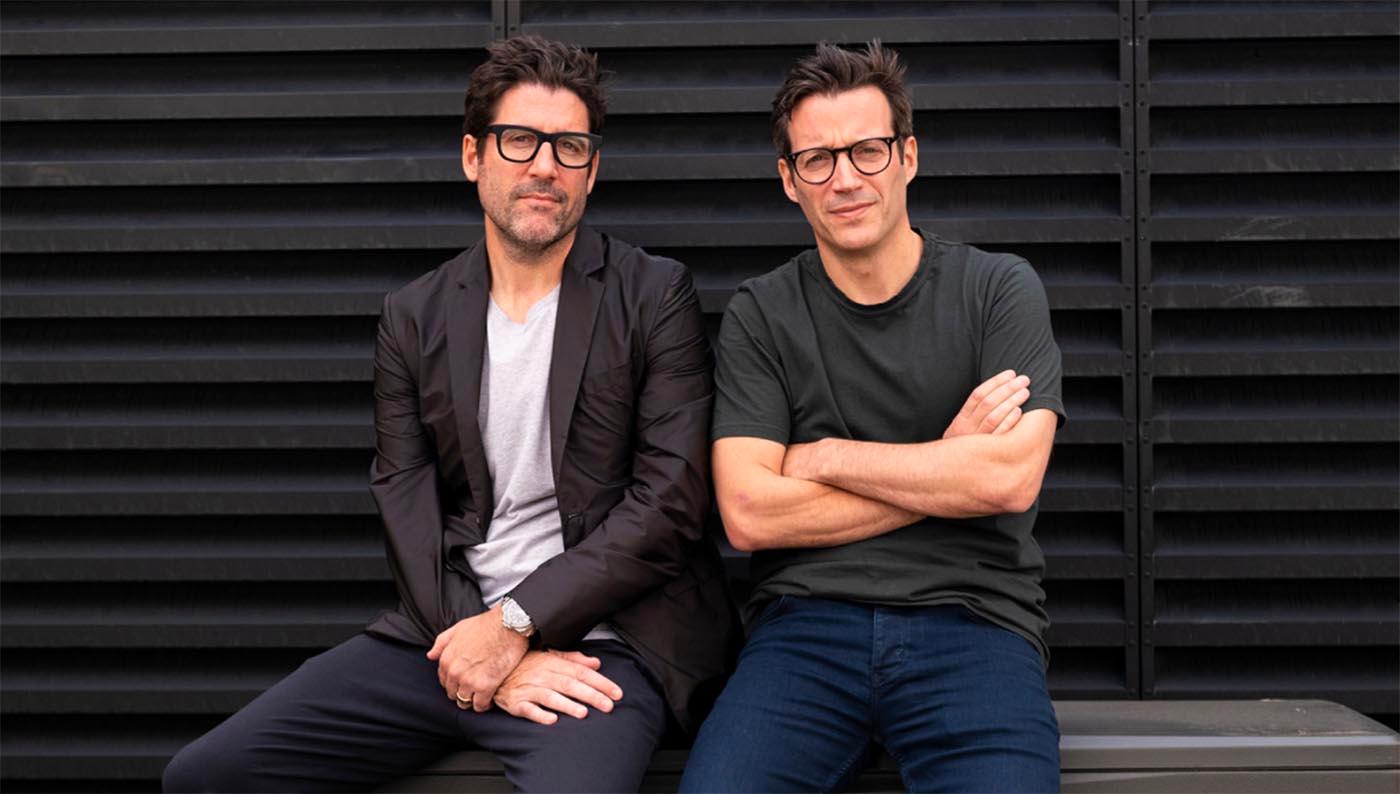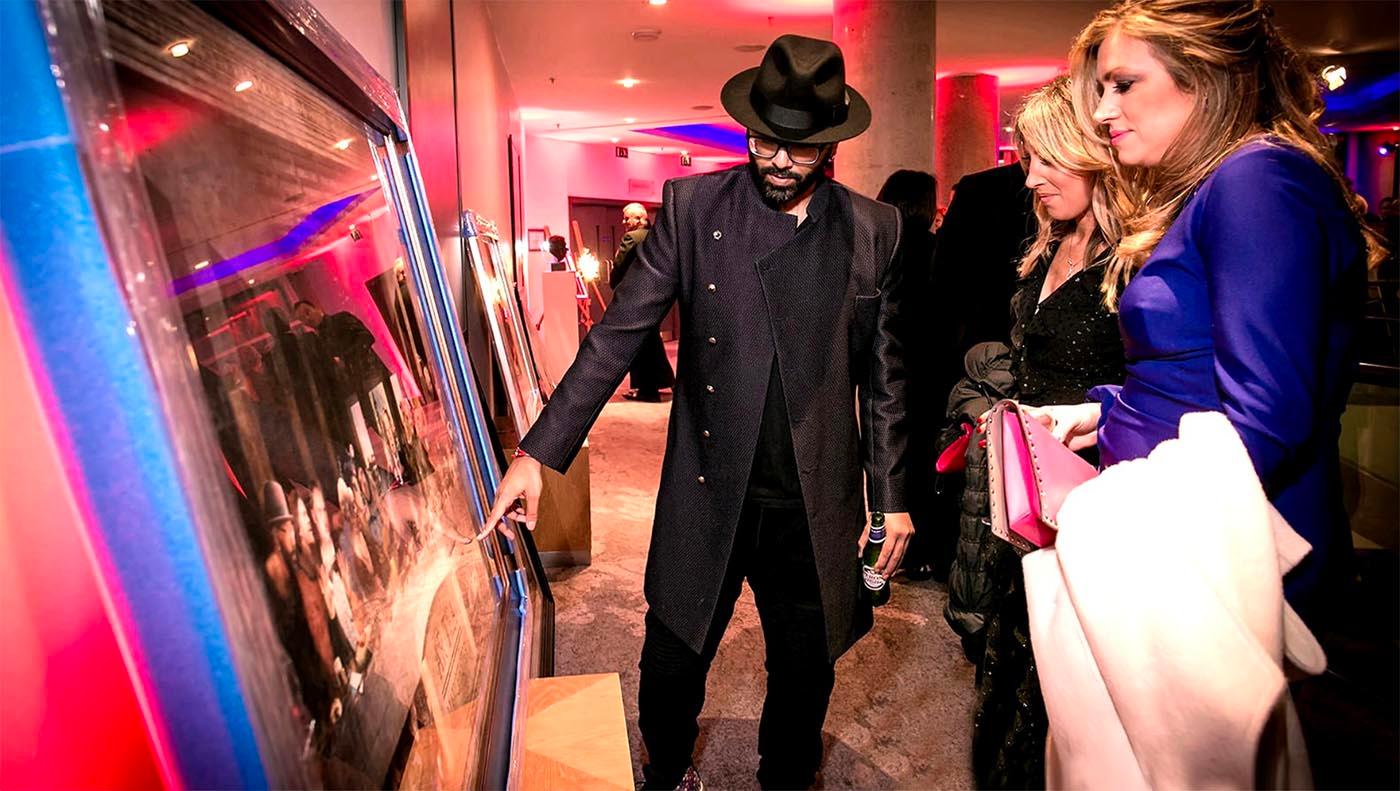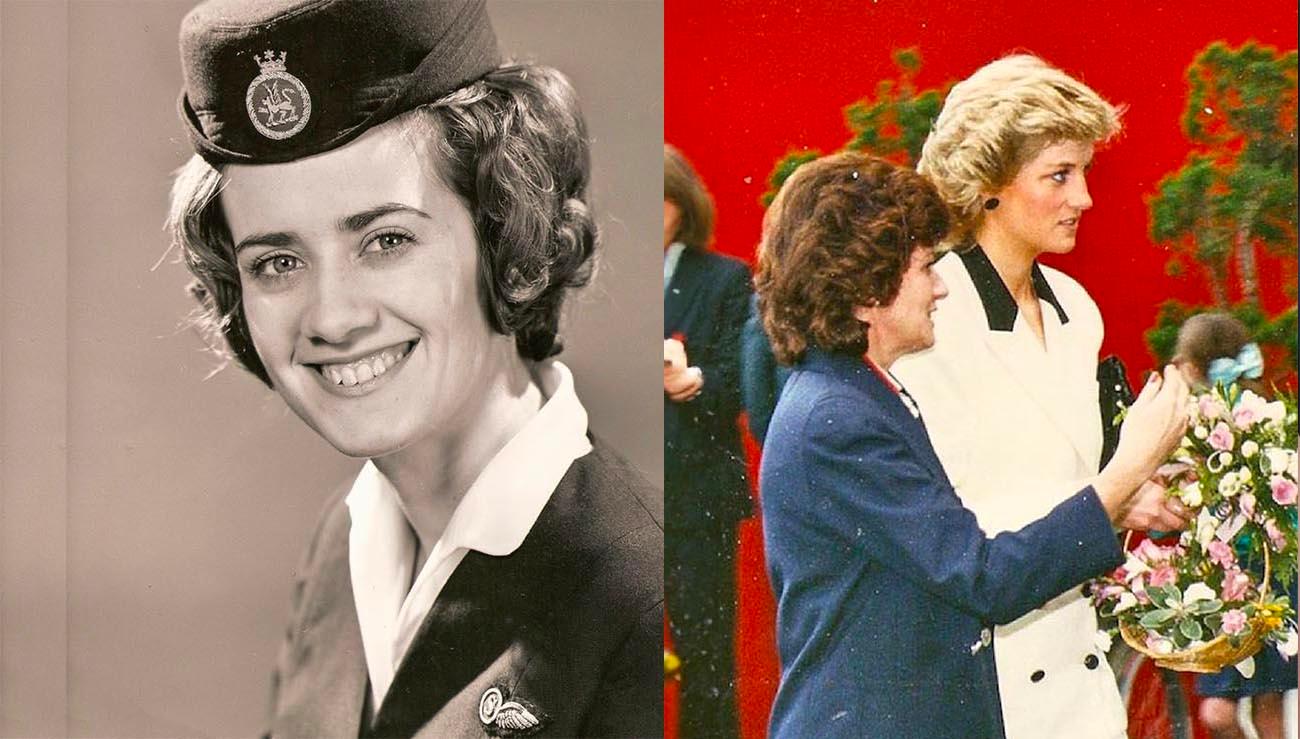Social Media and Entertainment: Shaping the Trends

Social media platforms have revolutionised the way we consume and engage with entertainment. From discovering new artists and TV shows to participating in online fan communities, social media has become an integral part of the modern entertainment landscape. This article explores the role of social media in shaping entertainment trends and its impact on the industry.
Social media platforms have democratised the entertainment industry, providing a platform for aspiring artists and creators to showcase their work to a global audience. Musicians, actors, comedians and other creatives can use social media to build a following, connect with fans, and launch their careers. Platforms like YouTube, TikTok and Instagram have become breeding grounds for new talent, allowing individuals to bypass traditional gatekeepers and reach a wider audience.
Social media algorithms play a crucial role in shaping entertainment trends. By analysing user behaviour and preferences, these algorithms can recommend content that is likely to resonate with individuals. This can lead to the rapid rise of viral trends, as users discover and share content with their networks. Social media platforms have also given rise to the concept of "influencers," individuals with large followings who can significantly impact consumer behaviour and shape trends in entertainment.
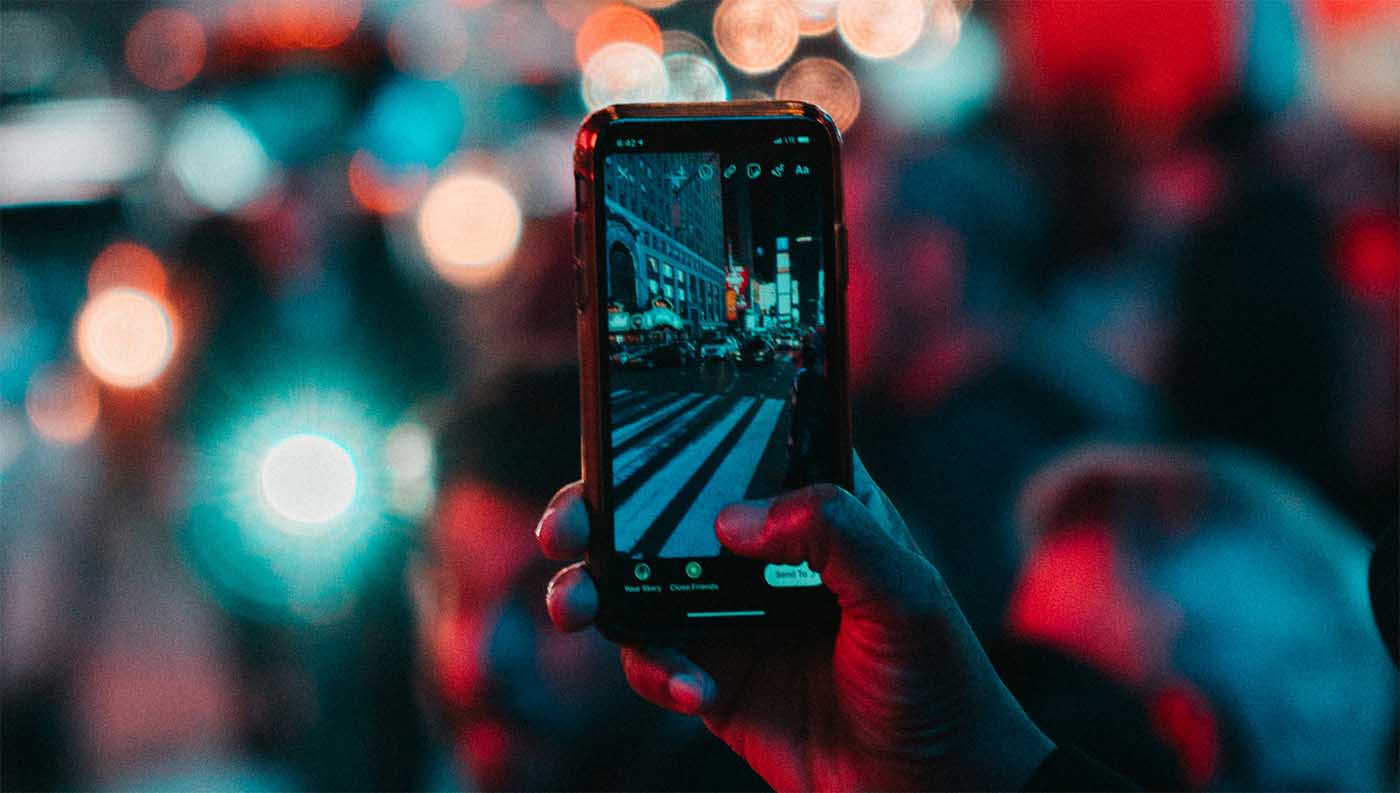
3. Fostering Fan Communities:
Social media has created a space for fans to connect with each other and share their passion for their favourite artists, shows and movies. Online communities and fan forums allow fans to discuss theories, share fan art and engage in discussions with other like-minded individuals. This sense of community can drive viewership, album sales and merchandise purchases, ultimately impacting the success of entertainment projects.
4. Real-time Engagement:
Social media platforms offer opportunities for real-time engagement between artists and fans. Through live streams, Q&A sessions and social media posts, artists can directly interact with their audience, building a stronger connection and fostering a sense of intimacy. This level of engagement can drive fan loyalty and create a more immersive entertainment experience.
5. Marketing and Promotion:
Social media has become an essential tool for marketing and promoting entertainment content. Artists, studios and networks can use social media to reach a wider audience, generate buzz and drive engagement. By leveraging social media analytics, they can track the performance of their campaigns and make data-driven decisions.
6. Challenges and Criticisms:
While social media has had a significant impact on the entertainment industry, it is not without its challenges. Concerns have been raised about the potential for social media to promote negative body image standards, spread misinformation and contribute to online harassment. Additionally, the algorithms used by social media platforms can sometimes lead to echo chambers, limiting users’ exposure to diverse perspectives and content.
